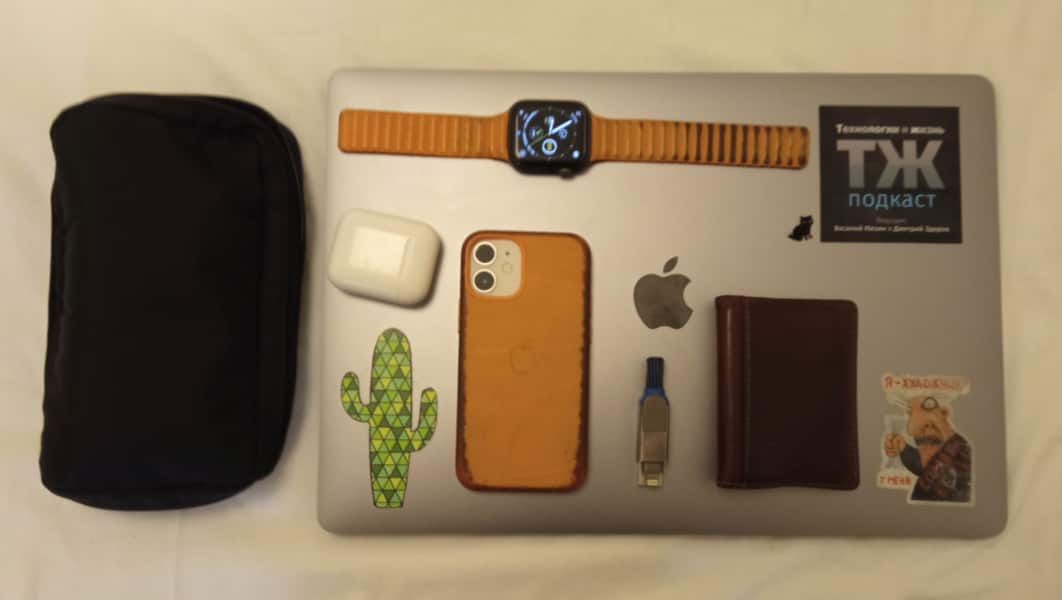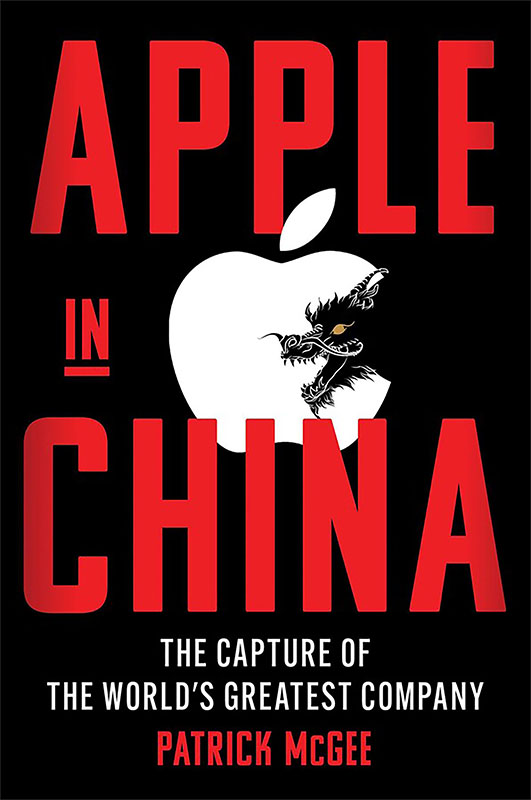New Quantum-Resistant Encryption and Digital Signatures
This fall, Apple is rolling out new versions of their operating systems — and they’re finally adding quantum-resistant encryption and digital signatures to CryptoKit.
With the release of OS 26, Apple is taking a real step forward in keeping our data safe. CryptoKit (that’s the built-in toolkit for everyone building apps on Apple platforms) will now support the latest encryption and signature methods designed to protect our data even from the quantum computers of the future.
So what’s actually new?
-
Quantum-Resistant Key Exchange: CryptoKit is introducing a cutting-edge method called the Module-Lattice Key Encapsulation Mechanism (ML-KEM), officially approved under the FIPS 203 standard (think of this as the gold standard for security in the US). In simple terms, this means apps will be able to securely exchange secret keys without worrying that even tomorrow’s super-powered computers could crack them.
-
Quantum-Resistant Digital Signatures: Now, for verifying documents, files, messages, and software updates, CryptoKit supports the Module-Lattice Digital Signature Algorithm (ML-DSA), which is part of the upcoming FIPS 204 standard. This ensures your data is really coming from who you expect — and hasn’t been tampered with — even if quantum attacks become a reality.
Why is this such a big deal?
Today’s most popular encryption and signature methods are very reliable — but only until quantum computers arrive on the scene. In the future, those machines could break through the protections we use now. Right now, all sorts of shady actors, from everyday scammers to state-backed hacker groups, are hoarding encrypted data off the internet, hoping they’ll be able to crack it once quantum tech goes mainstream. That’s why the world is already moving towards post-quantum cryptography — these are new technologies built to withstand both classical and quantum attacks.
With these updates, Apple — and any developers who want to — can build even more secure apps and services. And for the rest of us, it means we can be a little more confident that our data, messages, and digital lives are protected — now, and in the future when quantum computers become a thing. Will that actually happen any time soon? Nobody knows for sure. But it’s always better to be prepared — and that’s why I’m genuinely excited about this news.



